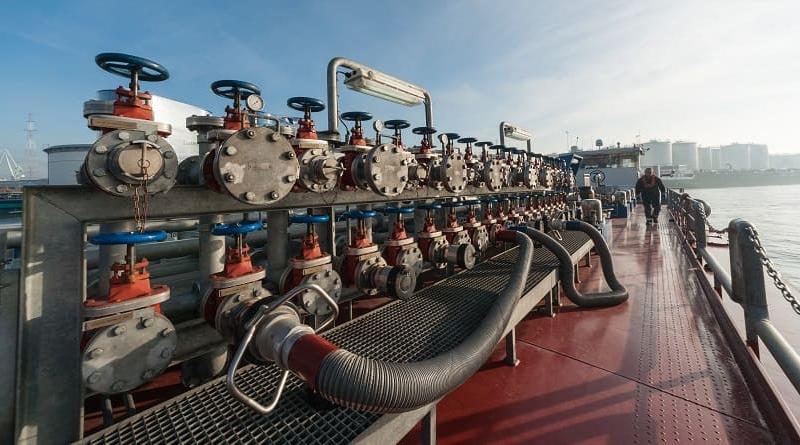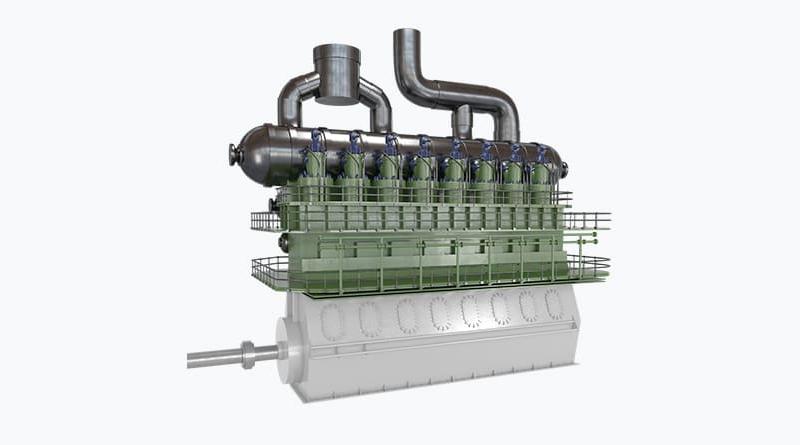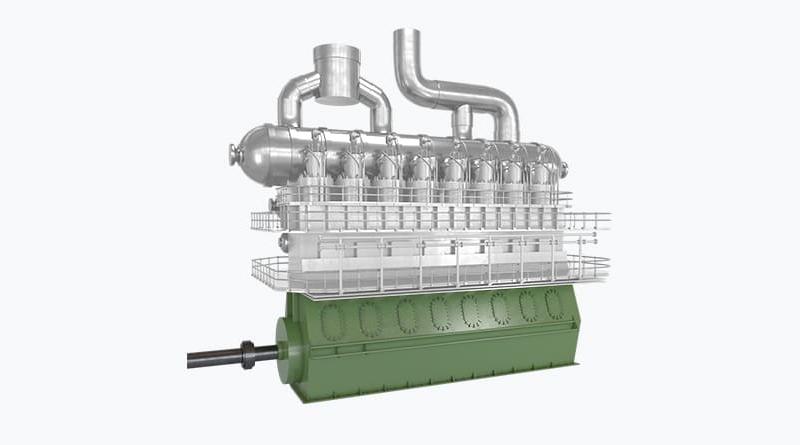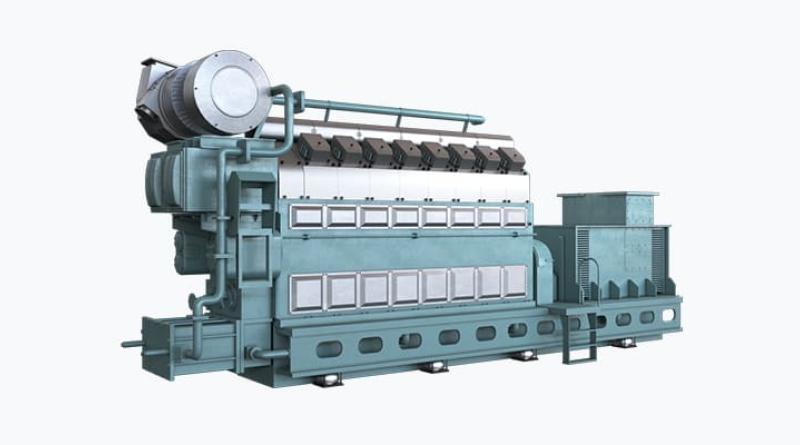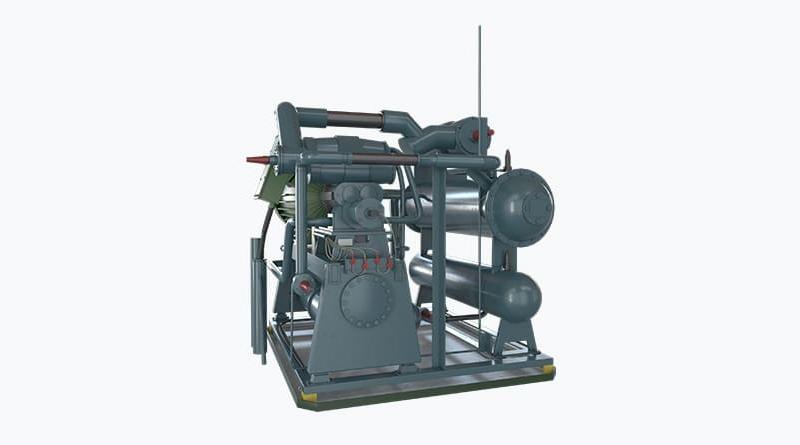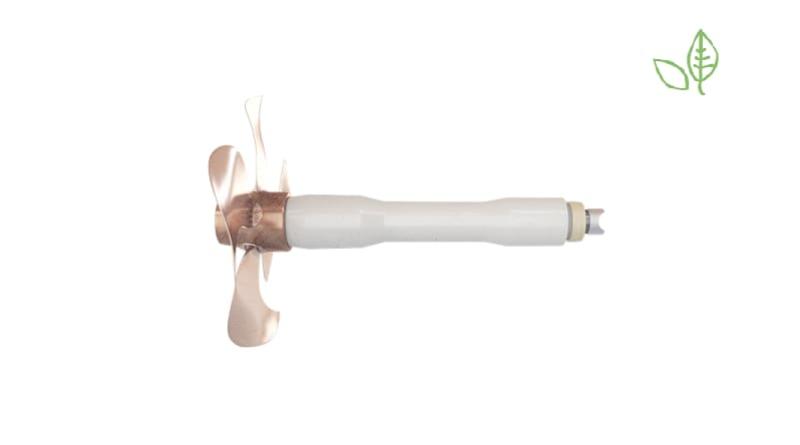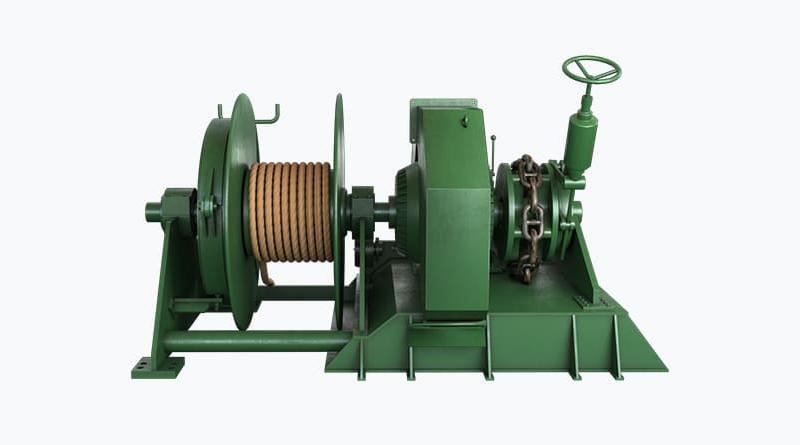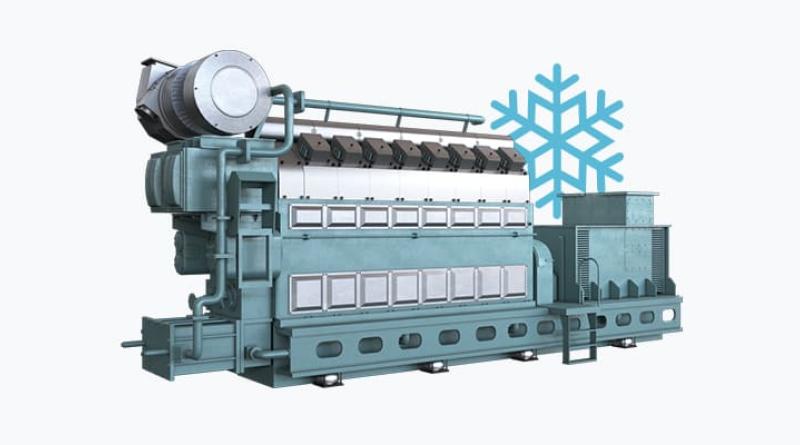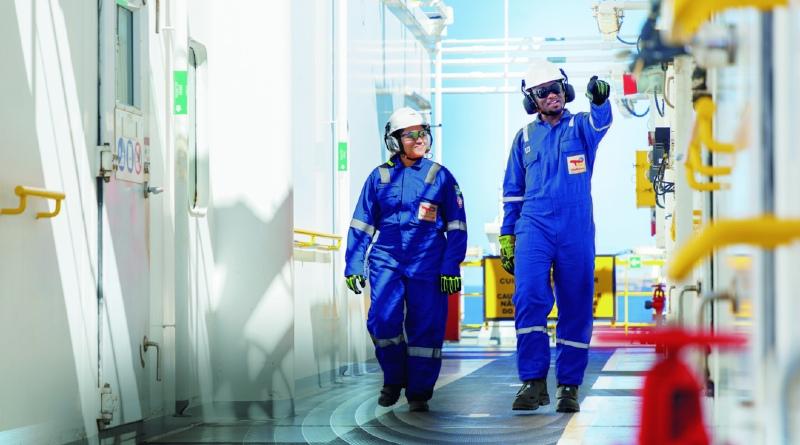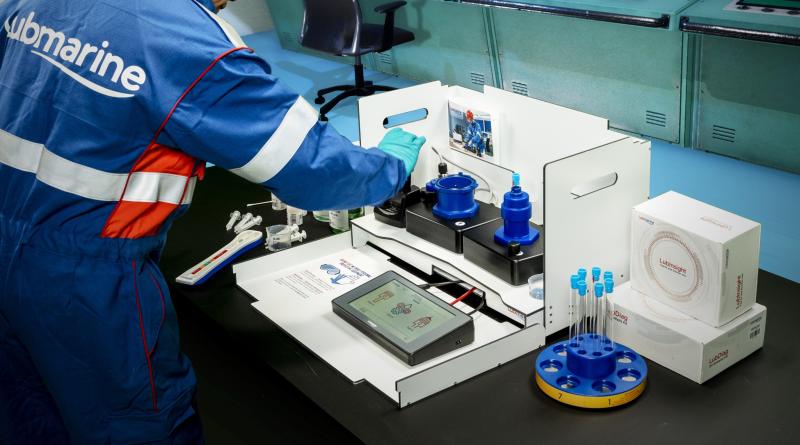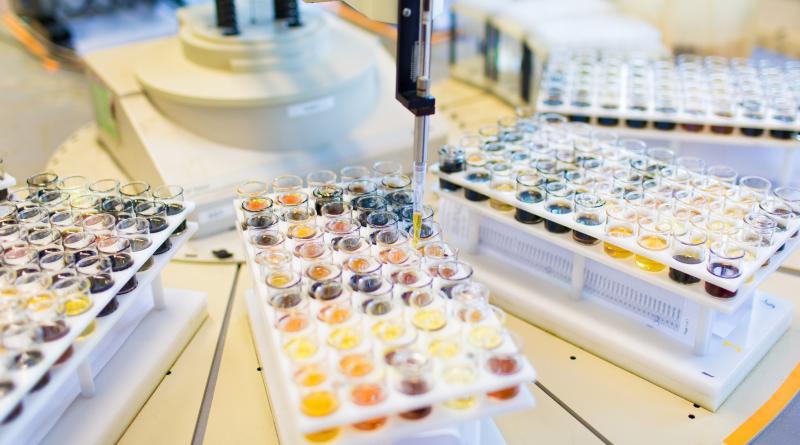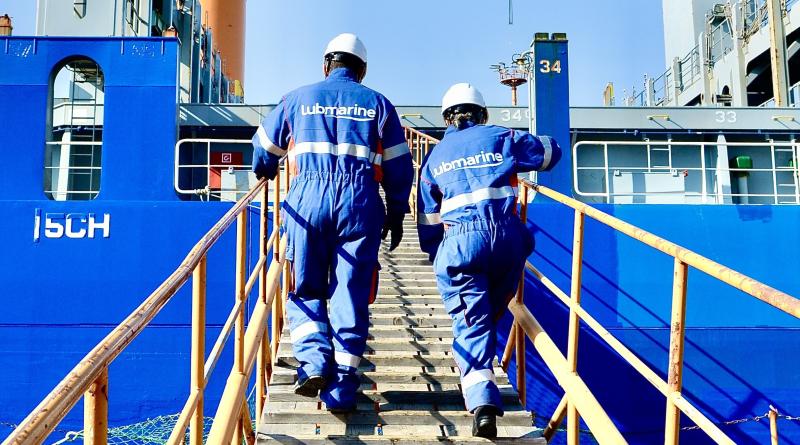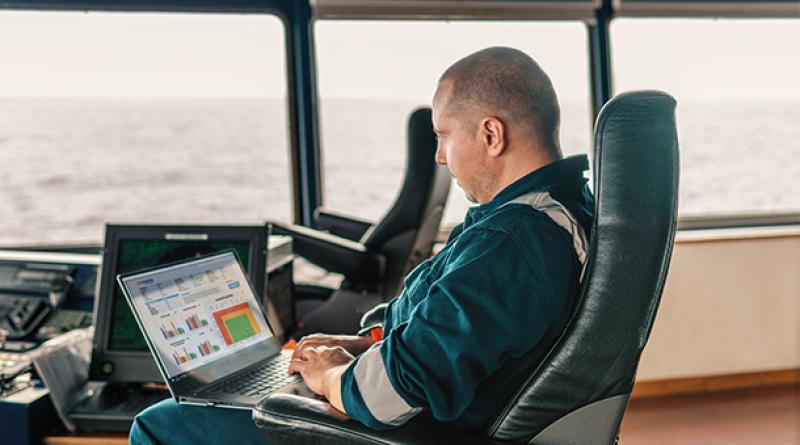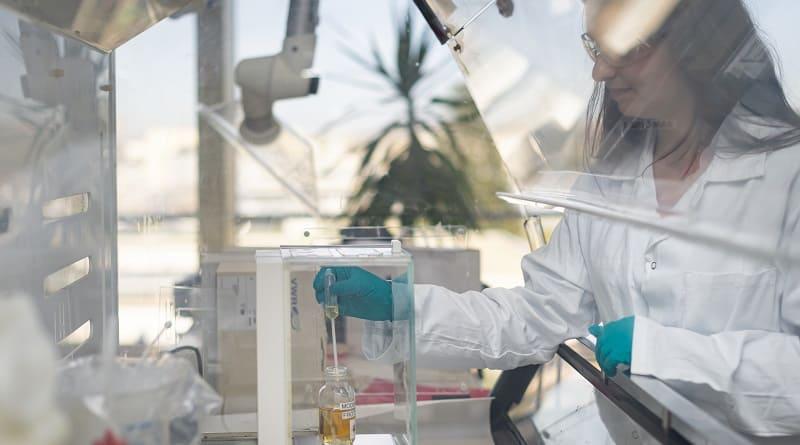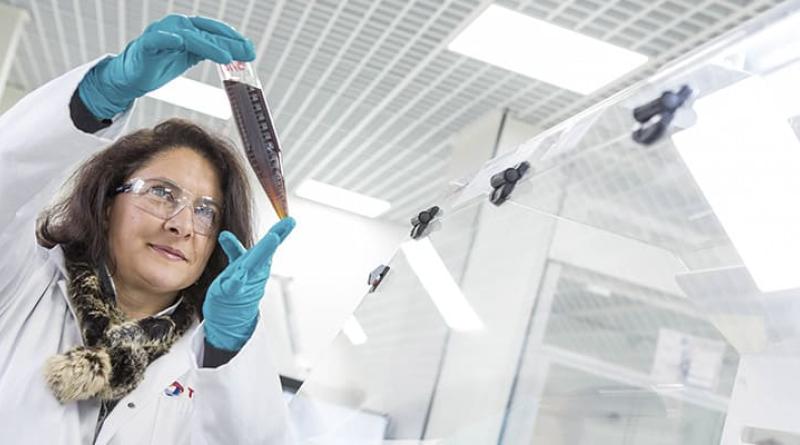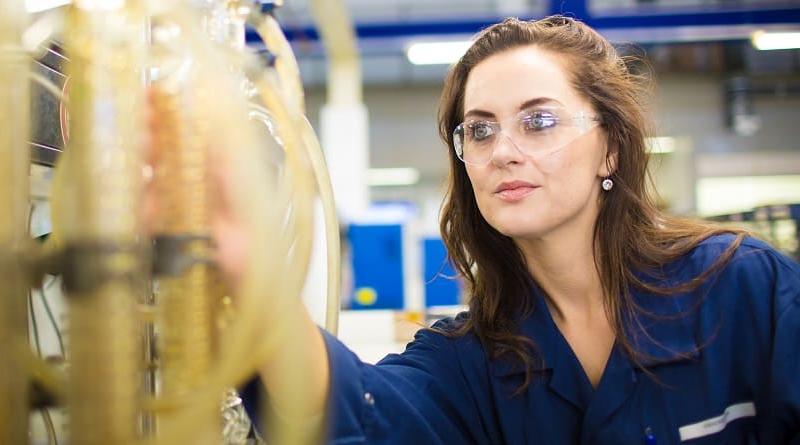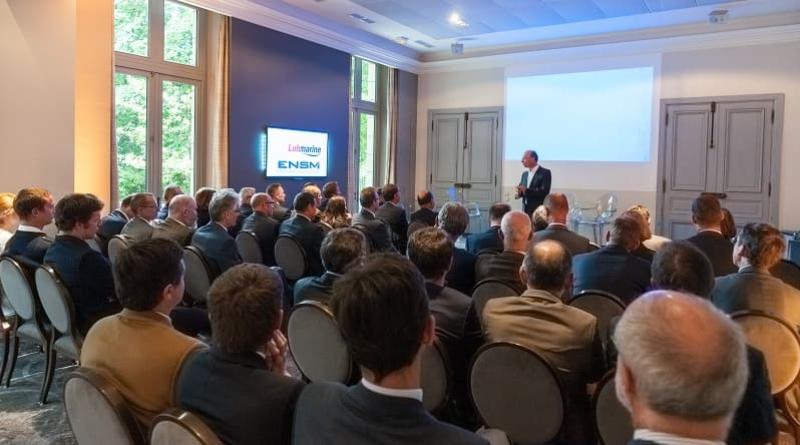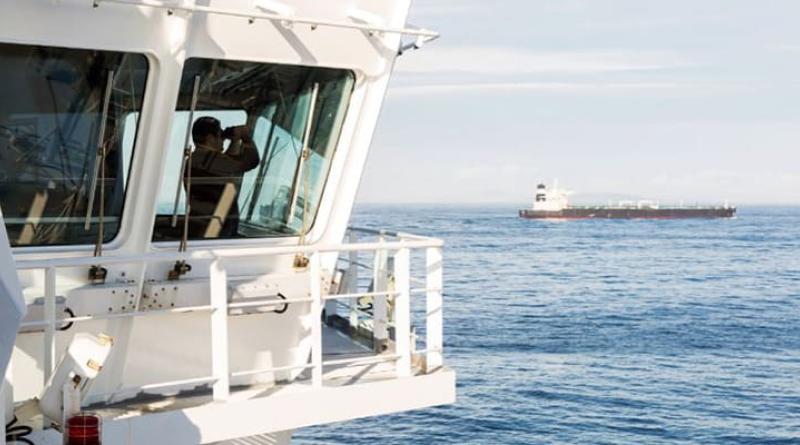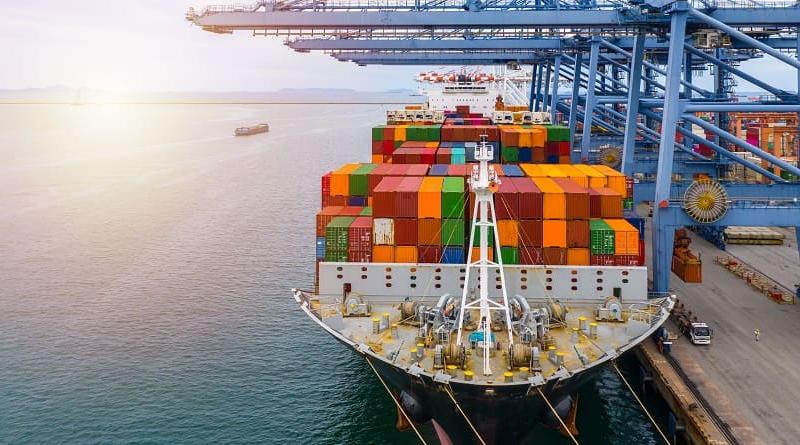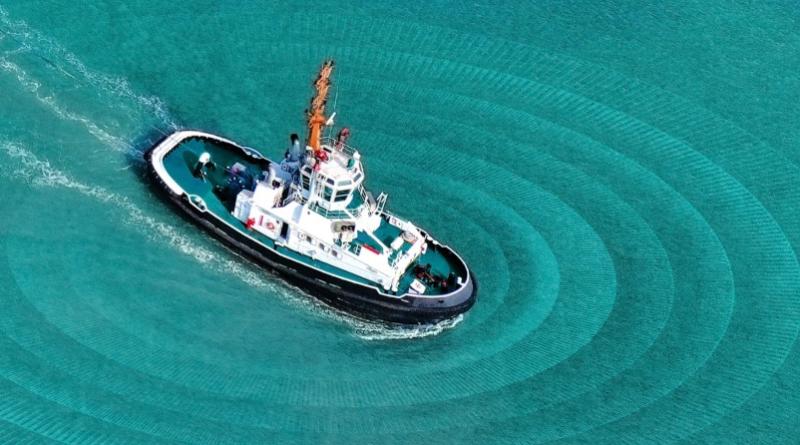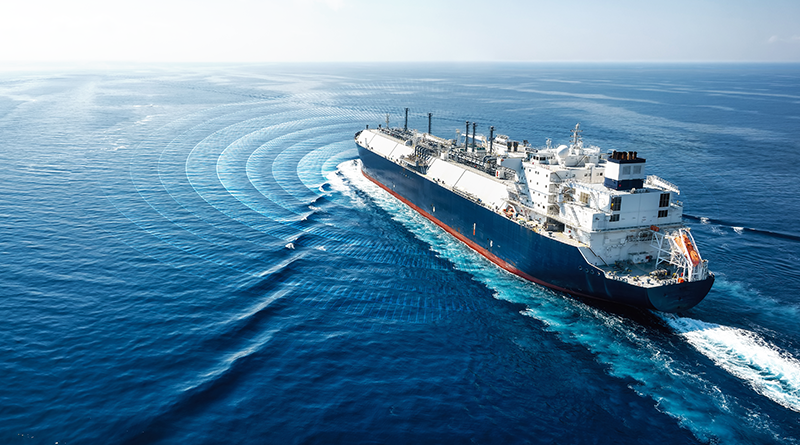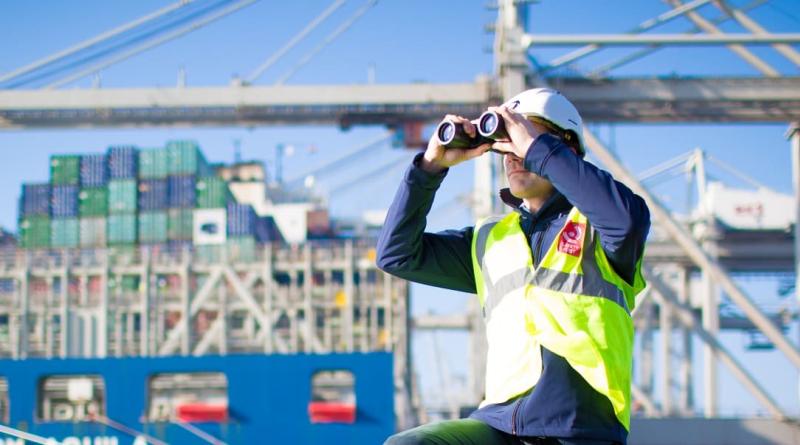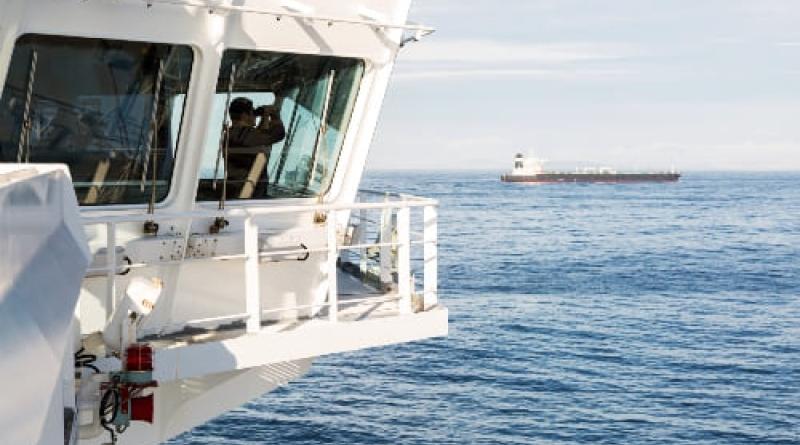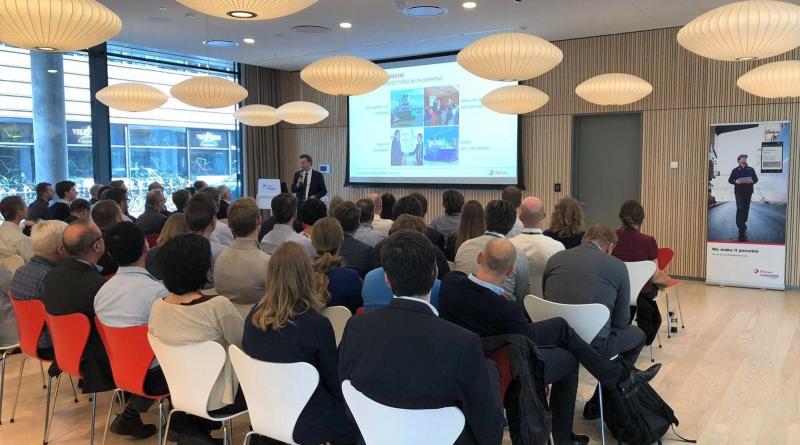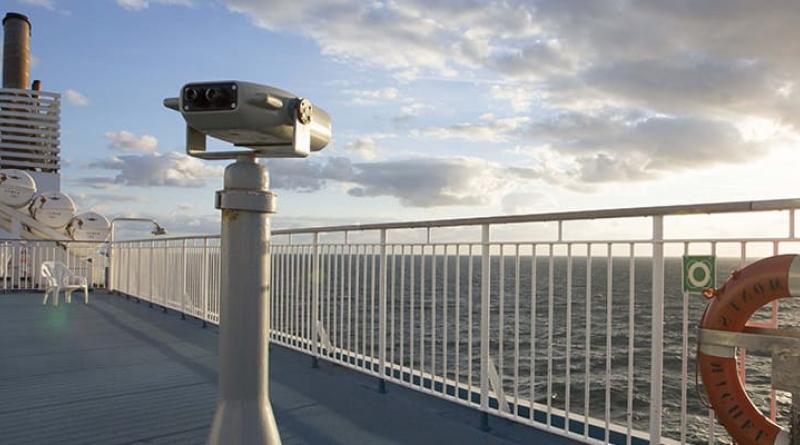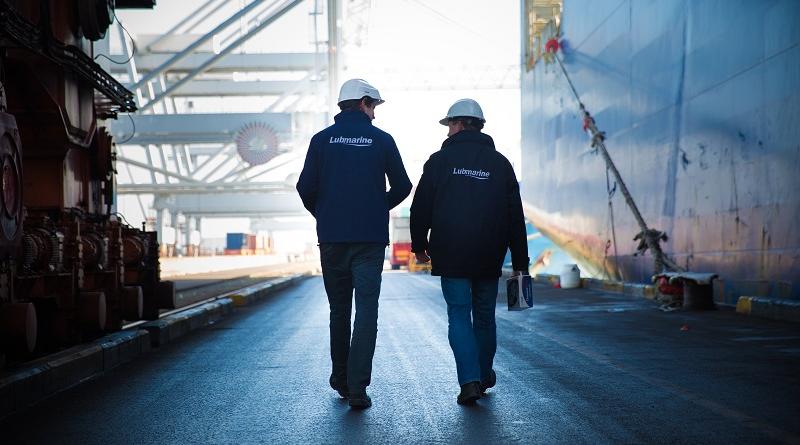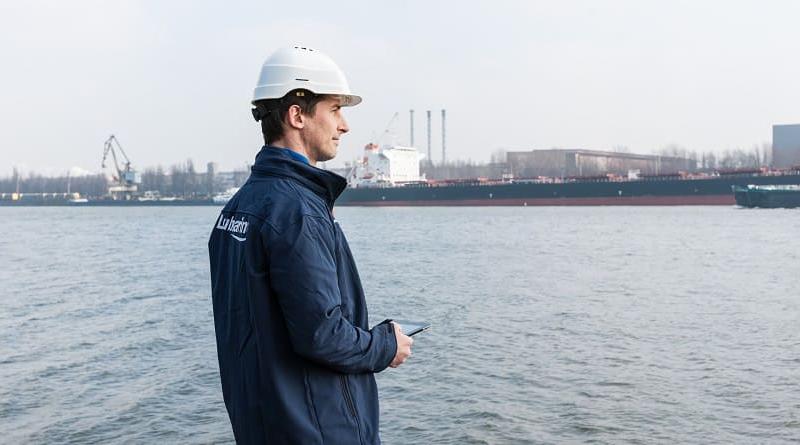EAL - Bio Lubricants and Greases
Completely preventing lubricants leaking from a ship into the marine environment is nearly impossible, despite the introduction of new vessel and equipment designs. Even the best-run ship with the latest technologies and seals will always face the risk of potentially polluting the water with its lubricants.
The USA has so far been the only jurisdiction to require ship operators to use Environmentally Acceptable Lubricants (EALs), under the Vessel General Permit (VGP), and in future the Vessel Incidental Discharge Act (VIDA) legislation. Whether or not other jurisdictions introduce legislation mandating the use of EALs remains to be seen, but the focus on the benefits of EALs continues to be strong.
EALs, sometimes erroneously known as ‘bio-lubricants’, must be biodegradable, minimally-toxic, and not bio-accumulative:
- Biodegradable: formulations that contain at least 90% of a constituent substance or constituent substances biodegradable to at least 60% within 28 days, according to Organisation for Economic Co-operation and Development (OECD) stipulations.
- Minimally toxic: a substance that passes OECD 201, 202, and 203 for acute toxicity testing
- Non-bioaccumulative: each formulation component which is non-biodegradable is tested to determine its “non-bioaccumulative” properties.
Lubmarine’s EALs are developed through extensive research and development at our renowned Solaize Research Center (CRES). Our research incorporates rigorous testing at all stages of development – this ensures strong control of the product cycle and performance. TotalEnergies’s global LubDiag Oil Analysis laboratories also conduct tests to verify the effectiveness of the lubricants, which are also subject to extensive independent testing. Lubmarine's EALs are Vessel General Permit (VGP) compliant for all oil-to-sea interfaces and are also perfectly suited for use with deck equipment.
Lubmarine has been a key player in the EALs field for more than two decades, meaning that customers can be rightfully confident in the company’s experience and knowledge. Regular data is taken and processed from the 865 vessels using TotalEnergies EALs, which to date have consumed a combined TotalEnergies of two million litres.
With a large demand for EALs, making them readily available is a priority. We have placed significant stocks close to shipyards, especially in Asia.


